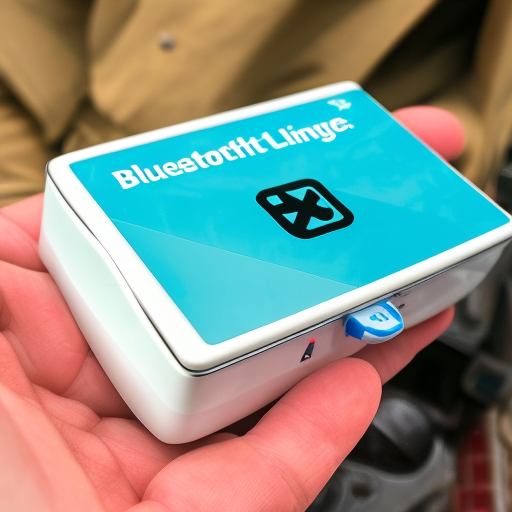The Scientific Method is an organized process used to solve problems and gain an understanding of the natural world. It is made up of several distinct stages, each of which must be completed in order for a researcher to reach a valid conclusion.
The following are the processes that make up the Scientific Method:
- Observation: Observing the problem or phenomenon and developing a hypothesis.
- Research: Gathering information on the topic and formulating an experiment to test the hypothesis.
- Hypothesis: Formulating a testable hypothesis.
- Experimentation: Carrying out the experiment and collecting data.
- Analysis: Analyzing the data and interpreting the results.
- Conclusion: Drawing a conclusion based on the results.
The following is not a process in the Scientific Method:
- Speculation: Developing ideas about the problem or phenomenon without testing them in an experiment.
Speculation is not a process in the Scientific Method, as it involves developing ideas without testing them in an experiment. Speculation can be useful when it comes to forming the initial hypothesis, but an experiment must be conducted to test the hypothesis in order for the results to be considered valid.
Ultimately, the Scientific Method is a process of gathering evidence, making inferences, and drawing conclusions. It is an important process used by scientists to gain knowledge and explore the natural world.

